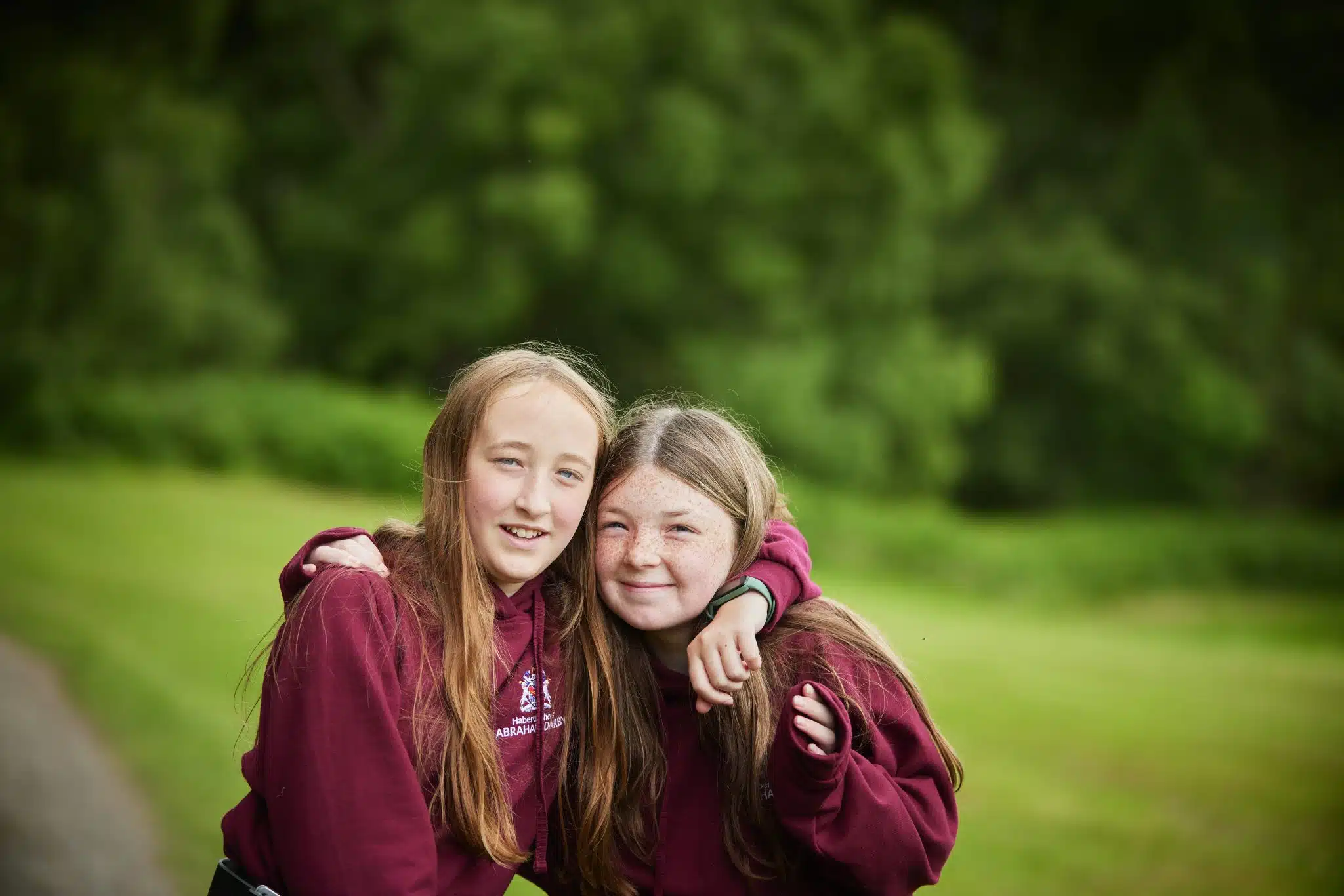We know that the transition to secondary school is one of the toughest stages in a young person’s education — a time of enormous social and emotional change. Yet the focus shifts too quickly to academic pressure and exam preparation, while vital elements fostered throughout primary school like creative thinking, building resilience, forming bonds, and fostering a sense of belonging are overlooked. In the realm of childhood, this is where such skills are born, developed and thrive well beyond our formative years.
One significant area where this imbalance is particularly apparent is a young person’s access to experiential learning outside of the classroom. Research we have conducted show that 61% of primary school teachers feel their pupils have sufficient access to these kinds of experiences. In direct contrast, only 31% of secondary teachers said the same was true.
Arguably, the uniformity of secondary school curricula serves to suppress the creativity and robustness of youngsters rather than liberating them. Although mastering knowledge is important, children need to be cultivated by schools and parents to do what they do best and build the skills industry leaders identify as crucial for their future success – to be creative, resilient and imaginative.
Learning outside the classroom – whether through team-based sports, school trips or outdoor activities — combines the revitalising, uplifting value of nature with the adventurous uncertainty of interacting with others in non-uniform settings. Here, youngsters can enjoy exploring their emerging physical capabilities, cooperate and socialise; doing new things in novel ways rather than just sticking to the tried and tested.
If we want to prevent disengagement, we must rebalance education. That means treating resilience and relationship-building not as one-off interventions, but as ongoing priorities throughout secondary as well as primary school.
We have taken up the challenge of delivering tailored adventure education residential programmes which address important milestones within the educational trajectory of a young person. PGL Beyond’s REACH programmes include foundational first-time residential experiences for Years 3 and 4, social bonding for Year 7 pupils transiting to secondary School, and well-being-boosting digital detox for older children. Although different learning outcomes are achieved within each programme, a universal golden thread of progressive resilience-building is embedded and measured throughout the series of residentials to ensure maximum impact for everyone.

